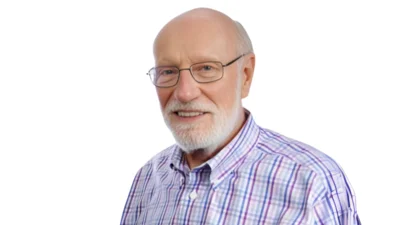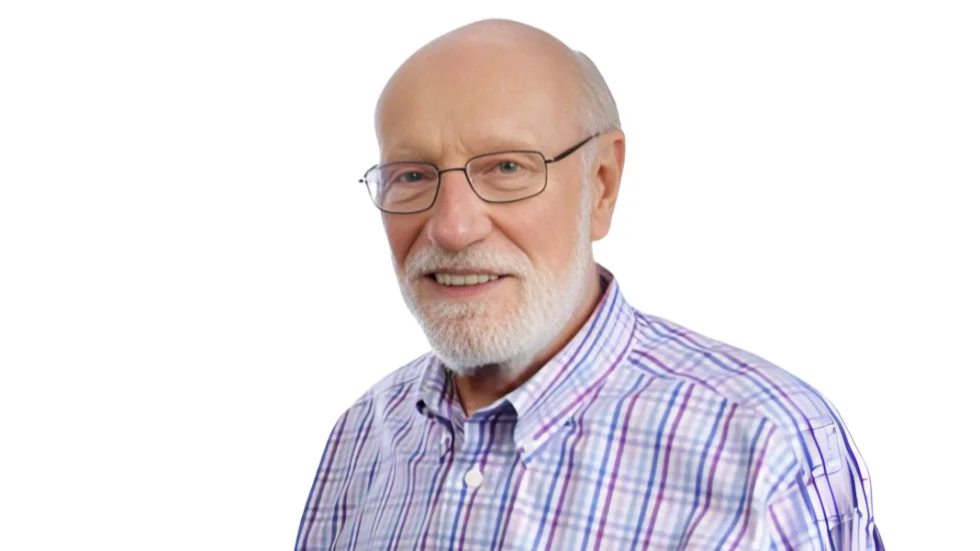Jennifer Riley, Executive Director of Patients Come First, expressed concerns about deceptive legal advertisements concerning FDA-approved medicines. She said that these ads are confusing patients, discouraging treatment for serious conditions, and eroding trust in evidence-based healthcare. Riley's statement was made in an op-ed.
"Legal advertising by plaintiff lawyers and mass-tort firms has become one of the most pervasive and least regulated forces in consumer media," said Riley. "Pharmaceutical ads are subject to extensive FDA oversight, while lawyer ads are subject to virtually none. That double standard leaves patients confused and unprotected. Polling shows that 66 percent of Americans believe these ads make people unnecessarily fearful about safe medications, and nearly half say they might stop a prescribed treatment after seeing one."
For much of U.S. history, lawyers were prohibited from public advertising under professional-conduct codes intended to preserve the integrity of the legal system. According to historical context, this changed after the Supreme Court's decision in Bates v. State Bar of Arizona (1977), which ruled that lawyer advertising is protected commercial speech under the First Amendment.
The U.S. Chamber’s Institute for Legal Reform reports that many law-firm and mass-tort commercials rely on emotional appeals, exaggerated medical claims, and urgent "act now" language to attract clients. Such tactics can mislead patients into believing they are at immediate risk from safe medications or medical devices. The report warns that these misleading ads can cause public fear, reduce medication adherence, and drive costly healthcare consequences.
A 2024 review by Constellation Marketing found that most mass-tort advertising is financed through lead-generation networks where law firms pay intermediaries for consumer data and case referrals. This pay-for-play model incentivizes high-volume client acquisition over accuracy, often blurring the line between public awareness and commercial solicitation. Analysts warn that the structure promotes sensationalized, fear-based advertising to maximize sign-ups.
Riley is the Executive Director of Patients Come First, a nonprofit patient advocacy organization focused on medication adherence, healthcare transparency, and consumer protection. She leads initiatives promoting evidence-based medical communication and the responsible regulation of health-related advertising. Under her direction, the organization partners with healthcare professionals and policymakers to strengthen patient trust in scientifically validated therapies.













 Alerts Sign-up
Alerts Sign-up